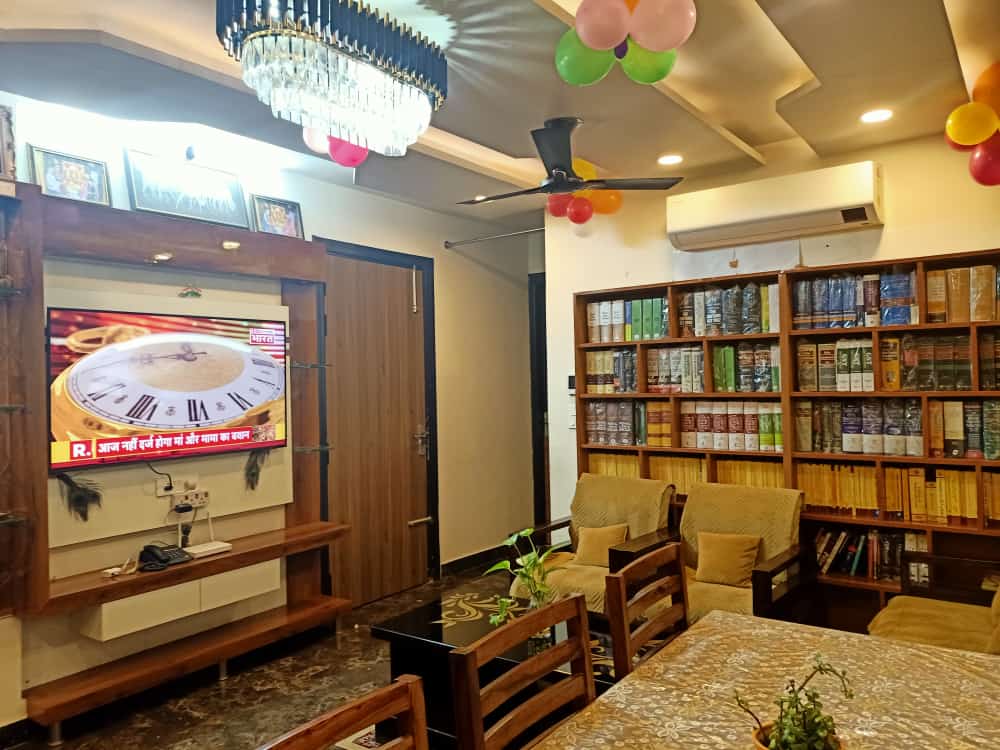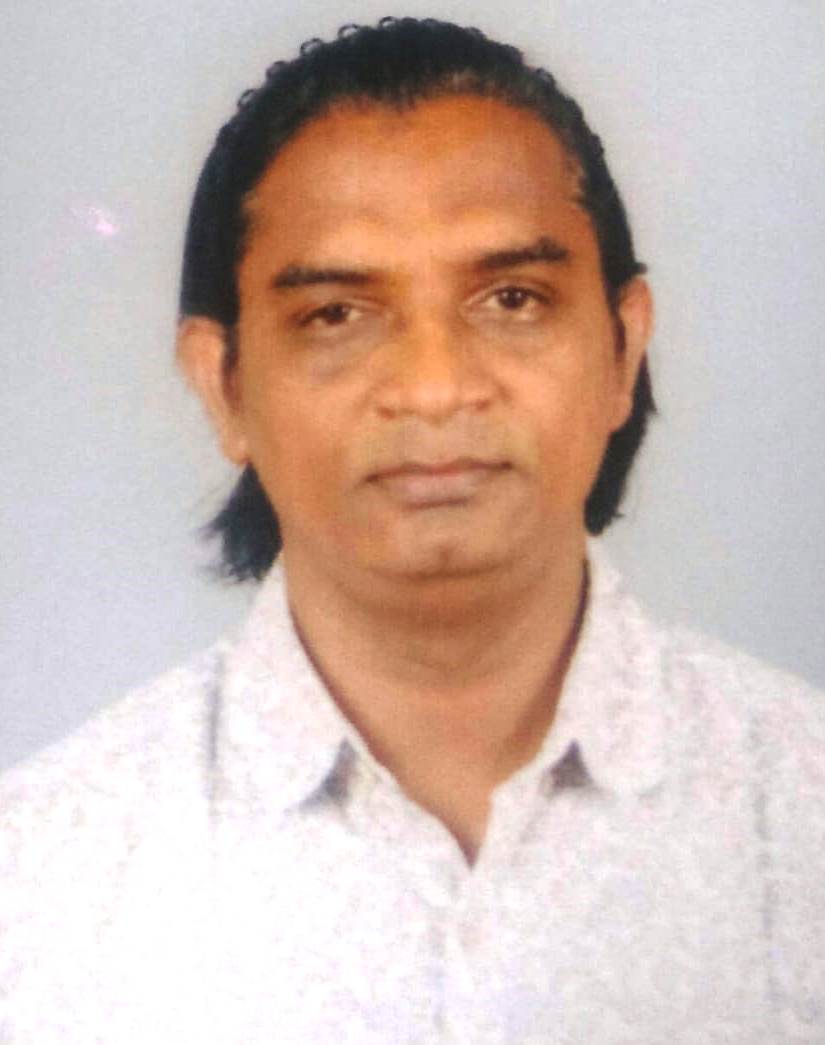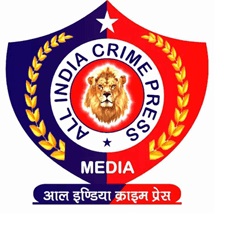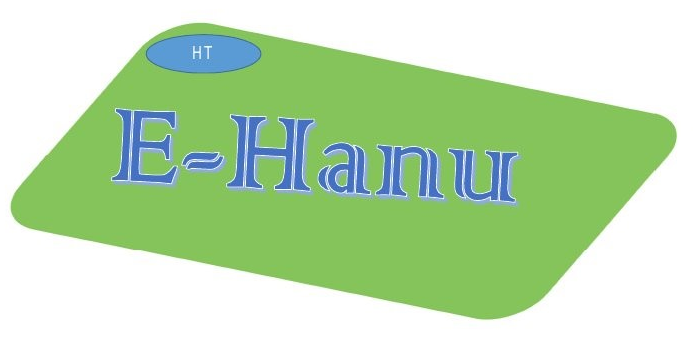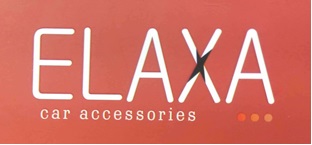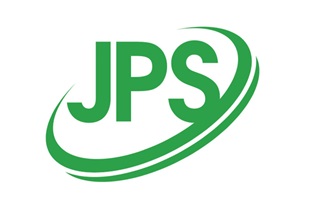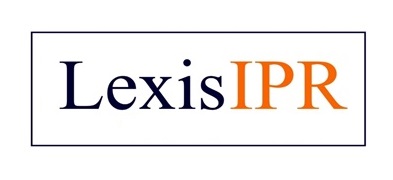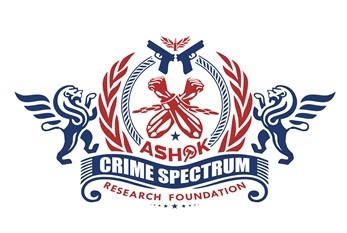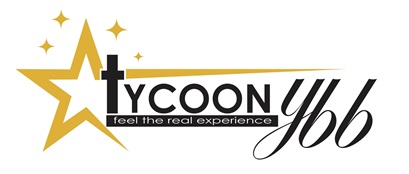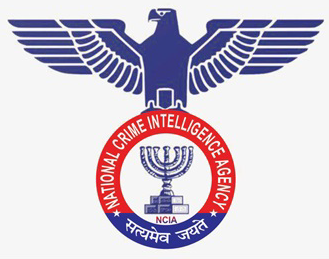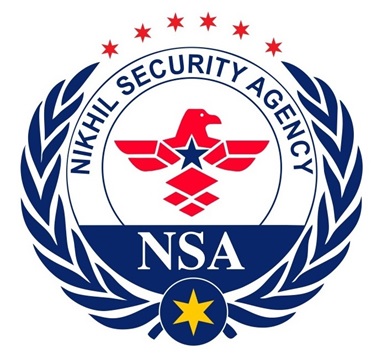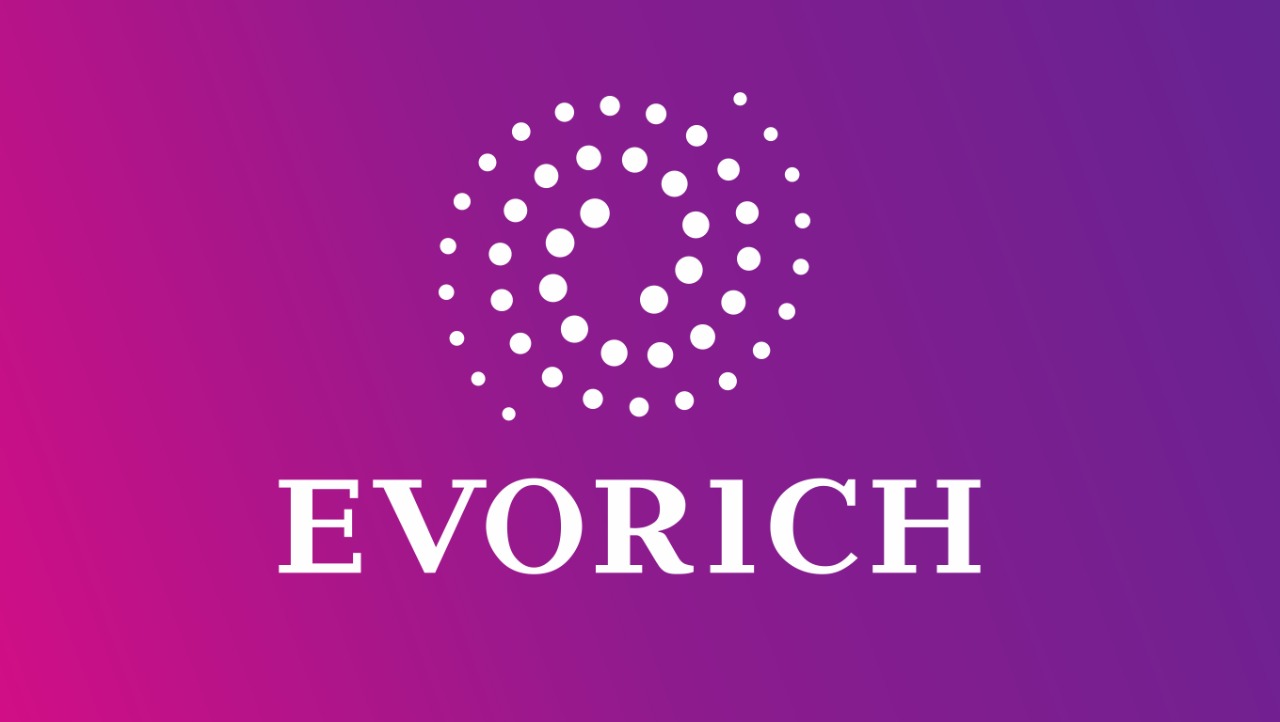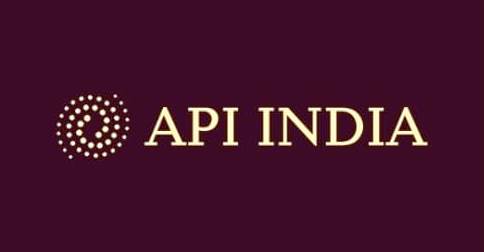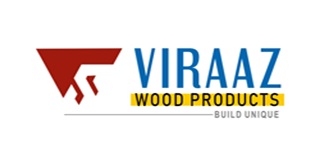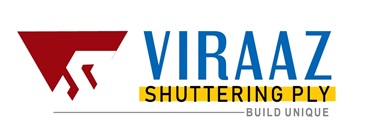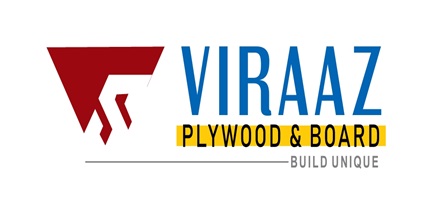Registration certificate U/s 12A & 80G of Income TAX Act 1961
Incorporation & Registration, NGO Registration, Company Compliances, Corporate Contract Drafting, Manage Finance & Accounting, Taxation, Government Mandatory Registration
3000 +
Happy clients
300 +
Advocate, CA, CS
10 +
Associates Offices
Request A Call Back
Registration certificate U/s 12A & 80G of Income TAX Act 1961
Registration u/s 12A: Application for 12A registration is made in Form 10A. It is prescribed in Rule 17A of the income tax rules 1962. Step by step procedure for applying Section 12A registration are given below:

- The application for registration shall be file with the jurisdictional Principal Commissioner or commissioner of Income Tax with following documents:-
- Self-certified copy of Trust Deed or Instrument, where the trust is created under an instrument.
- Self- certified copy of the document evidencing the creation of the trust, where the trust is created, otherwise than under an instrument;
- Section 8 company registration approval certificate;
- Self-certified copy of registration with Registrar of Companies (RoC) or Registrar of Firms and Societies or Registrar of Public Trusts;
- Self-certified copy of the documents evidencing adoption or modification of the objects, if any;
- Where the trust has been in existence for during any year or years prior to the financial year in which the application for registration is made, self-certified copies of the annual accounts of the trust relating to such prior year or years (but not more than 3 years immediately preceding the year);
- Note on the activities of the trust or institution;
- Self-certified copy of the existing order granting registration under section 12A or section 12AA, if any;
- Self-certified copy of the order of rejection of an application for grant of registration under section 12A or section 12AA, if any.
Note:
Form No. 10A shall be furnished electronically:
- Digital signature – if the return of income is required to be furnished under digital signature;
- Electronic verification code in a case not covered under clause (i);
- Form No. 10A shall be verified by the person who is authorised to verify the return of income under section 140, as applicable to the assessee.
Procedure for registration u/s 12AA
Section 12AA of the Income Tax Act’ 1961 prescribes procedure for registration of Trusts or institution as follows:
- The Principal Commissioner or Commissioner, on receipt of an application for registration of a trust or institution shall:
- call for such documents or information from the trust or institution as he thinks necessary in order to satisfy himself about the genuineness of activities of the trust or institution; and
- the compliance of such requirements of any other law for the time being in force by the trust or institution as are material for the purpose of achieving its objects and may also make such inquiries as he may deem necessary in this behalf,
- After satisfying himself about the objects of the trust or institution and the genuineness of its activities and compliance of the requirements he;
- shall pass an order in writing registering the trust or institution,
- if he is not so satisfied, pass an order in writing refusing to register the trust or institution and a copy of such order shall be sent to the applicant.
- Please note that no order shall be passed unless the applicant has been given a reasonable opportunity of being heard.
- Deemed Registration u/s 12A:
- As per Section 12AA(2) Every order granting or refusing registration shall be passed before the expiry of six months from the end of the month in which the application was received.
The Supreme Court on February 16’2016 held: in the case of “CIT vs. Society for The Promotion of Education, Adventure Sport & Conservation of Environment”
“S. 12AA: Non-disposal of an application for registration before the expiry of six months as provided u/s 12AA (2) results in deemed grant of registration”
CBDT Instruction: The CBDT has issued Instruction No. 16 of 2015 dated 06.11.2015 in which it has taken a stern view of the fact that the time limit of six months specified in s. 12AA(2) of the Income-tax Act 1961 for passing an order granting or refusing registration u/s 12AA are not being adhered to by the Commissioners of Income Tax (Exemptions). The CBDT has directed the Chief Commissioners to monitor that the Commissioners are adhering to the time limit and to take suitable administrative action in the case of laxity.
Cancellation of Registration granted u/s 12A:
- Registration granted u/s 12A can be cancelled in below circumstances;
- The activities of such trust or institution are not genuine;
- The activities are not being carried out in accordance with the objects of the trust or institution;
- Trust’s income does not endure for the benefit of general public;
- It is for the benefit of any particular religious community or caste;
- Any income or property of trust is applied for the benefit of specified persons like author of trust, trustees etc.
- Its funds are invested in prohibited modes;
- It is however provided that registration will not be cancelled if the trust institution proves that there was reasonable cause for carrying out activities in said manner.
Important Note: Amendment by Finance Act’ 2017: Following clause (ab) shall be inserted after clause (aa) of sub-section (1) of section 12A by the Finance Act, 2017, w.e.f. 1-4-2018:
“the person in receipt of the income has made an application for registration of the trust or institution, in a case where a trust or an institution has been granted registration under section 12AA or has obtained registration at any time under section 12A [as it stood before its amendment by the Finance (No. 2) Act, 1996 (33 of 1996)], and, subsequently, it has adopted or undertaken modifications of the objects which do not conform to the conditions of registration, in the prescribed form and manner, within a period of thirty days from the date of said adoption or modification, to the Principal Commissioner or Commissioner and such trust or institution is registered under section 12AA” It means where a trust or an institution has been granted registration and subsequently it has adopted or undertaken modifications of the objects which do not conform to the conditions of registration, it shall be required to obtain fresh registration by making an application within a period of thirty days from the date of such adoption or modifications of the objects in the prescribed form and manner.
Registration certificate U/s 80G of Income TAX Act 1961:
Contributions made to certain relief funds and charitable institutions can be claimed as a deduction under Section 80G of the Income Tax Act. All donations, however, are not eligible for deductions under section 80G. Only donations made to prescribed funds qualify as a deduction. This deduction can be claimed by any taxpayer – individuals, company, firm or any other person.
Donations Eligible for 100% Deduction without Qualifying Limit
- National Defence Fund set up by the Central Government
- Prime Minister’s National Relief Fund
- National Foundation for Communal Harmony
- An approved university/educational institution of National eminence
- Zila Saksharta Samiti constituted in any district under the chairmanship of the Collector of that district
- Fund set up by a State Government for the medical relief to the poor
- National Illness Assistance Fund
- National Blood Transfusion Council or to any State Blood Transfusion Council
- National Trust for Welfare of Persons with Autism, Cerebral Palsy, Mental Retardation, and Multiple Disabilities
- National Sports Fund
- National Cultural Fund
- Fund for Technology Development and Application
- National Children’s Fund
- Chief Minister’s Relief Fund or Lieutenant Governor’s Relief Fund with respect to any State or Union Territory
- The Army Central Welfare Fund or the Indian Naval Benevolent Fund or the Air Force Central Welfare Fund, Andhra Pradesh Chief Minister’s Cyclone Relief Fund, 1996
- The Maharashtra Chief Minister’s Relief Fund during October 1, 1993 and October 6, 1993
- Chief Minister’s Earthquake Relief Fund, Maharashtra
- Any fund set up by the State Government of Gujarat exclusively for providing relief to the victims of the earthquake in Gujarat
- Any trust, institution or fund to which Section 80G(5C) applies for providing relief to the victims of the earthquake in Gujarat (contribution made during January 26, 2001, and September 30, 2001) or
- Prime Minister’s Armenia Earthquake Relief Fund
- Africa (Public Contributions – India) Fund
- Swachh Bharat Kosh (applicable from FY 2014-15)
- Clean Ganga Fund (applicable from FY 2014-15)
- National Fund for Control of Drug Abuse (applicable from FY 2015-16)
Donations Eligible for 50% Deduction Without Qualifying Limit
- Jawaharlal Nehru Memorial Fund
- Prime Minister’s Drought Relief Fund
- Indira Gandhi Memorial Trust
- Rajiv Gandhi Foundation
- Donations Eligible for 100% Deduction Subject to 10% of Adjusted Gross Total Income
- Donations to the government or any approved local authority, institution or association to be utilized for the purpose of promoting family planning
- Donation by a Company to the Indian Olympic Association or to any other notified association or institution established in India for the development of infrastructure for sports and games in India, or the sponsorship of sports and games in India.
Donations Eligible for 50% Deduction Subject to 10% of Adjusted Gross Total Income
- Any other fund or any institution which satisfies the conditions mentioned in Section 80G(5) Government or any local authority, to be utilized for any charitable purpose other than the purpose of promoting family planning
- Any authority constituted in India for the purpose of dealing with and satisfying the need for housing accommodation or for the purpose of planning, development or improvement of cities, towns, villages or botH.
- Any corporation referred to in Section 10(26BB) for promoting the interest of the minority community. For repairs or renovation of any notified temple, mosque, gurudwara, church or other places.
Section 80GGA
Section 80GGA allows deductions for donations made towards scientific research or rural development. This deduction is allowed to all assessees except those who have an income (or loss) from a business and/or a profession. Mode of payment: Donations can be made in the form of a cheque or by a draft or in cash; however cash donations in excess of Rs 10,000 are not allowed as deductions. 100% of the amount that is donated or contributed is considered eligible for deductions.
Donations Eligible Under Section 80GGA
- Any sum paid to a research association which undertakes scientific research, or a sum paid to a college, university or any other institution to be used for scientific research that is all approved by the prescribed authority under section 35(1)(ii)
- Sum paid to a research association which undertakes research in social science or statistical research, or sum paid to a college, university or any other institution to be used for the same purpose, and these must all be approved by the prescribed authority under section 35(1)(iii)
- Sum paid to an approved association or institution which undertakes any program of rural development and is approved under section 35CCA
- Sum paid to an approved association or institution which undertakes training of person(s) for implementing programs of rural development
- Sum paid to a public sector company, local authority or an approved association or institution which carries out projects or schemes approved under section 35AC.
- Sum paid to notified Rural Development Fund
- Sum paid to notified Fund for Afforestation
- Sum paid to notified National Poverty Eradication Fund
- If a deduction has been allowed under section 80GGA, such expenses shall not be deductible under any other provision of the income tax act.
Adjusted Total Income
- Adjusted total income: Adjusted gross total income is the gross total income (sum of income under all heads) reduced by the aggregate of the following:
- Amount deductible under Sections 80CCC to 80U (but not Section 80G)
- Exempt income
- Long-term capital gains
- Income referred to in Sections 115A, 115AB, 115AC, 115AD and 115D, relating to non-residents and foreign companies
Conditions to be satisfied to get approval under Section 80G:
- Section 80G (5) prescribes certain conditions to be satisfied to get the approval u/s 80G:
- The Institution should be established in India for Charitable purpose;
- If the Institution or fund is deriving any income, such income should not be liable to inclusion in its total income under the provisions of sections 11and 12 or clause (23AA) or clause (23C) of section 10;
- If the institution or fund derives any income, being profits and gains of business, the condition that such income would not be liable to inclusion in its total income under the provisions of section 11shall not apply in relation to such income, if:-
- the institution or fund maintains separate books of account in respect of such business;
- the donations made to the institution or fund are not used by it, directly or indirectly, for the purposes of such business; and
- the institution or fund issues to a person making the donation a certificate to the effect that it maintains separate books of account in respect of such business and that the donations received by it will not be used, directly or indirectly, for the purposes of such business;
- The instrument under which the institution is constituted shall not contain any provision for transfer or application of the income or asset for any purpose other than a charitable purpose.
- The institution should not be for the benefit of any particular religious community or caste.
- The institution should maintain regular accounts of its receipts and expenditures.
- The institution should be either constituted as a Public Charitable Trust or a registered society or a company registered u/s 8 of the Companies Act’2013 or is a University established by law, or is any other educational institution recognized by the Government or by a University established by law, or affiliated to any University established by law, or is an institution financed wholly or in part by the Government or a local authority.
Procedure for Registration under Section 80G:
Rule 11AA of the Income Tax Rules’1962 provides procedure for seeking approval under section 80G:
- The application for approval of any institution shall be made in form no. 10G which shall be verified by the person who is authorised to verify the return of income under section 140, as applicable to the assesse;
- Form No. 10G shall be furnished electronically;
- under digital signature, if the return of income is required to be furnished under digital signature; or
- through electronic verification code in a case not covered under clause (i).
- The Principal Director General of Income-tax (Systems) or the Director General of Income-tax (Systems), as the case may be, shall lay down the data structure, standards and procedure of furnishing and verification of Form No. 10G and shall be responsible for formulating and implementing appropriate security, archival and retrieval policies in relation to the said form so furnished.
- The Principal Commissioner or Commissioner may call for such further documents or information from applicant or cause such inquiries to be made as he may deem necessary in order to satisfy himself about the genuineness of the activities of the applicant.
- Where the Principal Commissioner or Commissioner is satisfied that all the conditions laid down in section 80G(5) are fulfilled by the applicant, he shall record such satisfaction in writing and grant approval under clause (vi) of sub-section (5) of section 80G.
- Where the Principal Commissioner or Commissioner is satisfied that one or more of the conditions laid down in section 80G(5) are not fulfilled, he shall record the reasons in writing and reject the application for approval after giving the applicant an opportunity of being heard.
Time Limit of Passing Order:
The order granting approval under section 80G(5) or rejecting the application shall be passed within the period of six months from the end of the month in which such application was received. In computing the period of six months, any time taken by the applicant in not complying with the directions of the Commissioner shall be excluded.
Important Note: Amendment by Finance Act’2017
“No deduction shall be allowed under this section in respect of donation of any sum exceeding TWO thousand rupees unless such sum is paid by any mode other than cash.” Finance Act 2017 amended section 80G so as to provide that no deduction shall be allowed under the section 80G in respect of donation of any sum exceeding Rs. 2,000/- unless such some is paid by any mode other than cash. Earlier this limit was 10, 000/-.Government has taken this step in order to provide cash less economy and transparency.
Questions | Remarks |
What is Section 12-A of Income Tax Act? | Income of an organization is exempted if NGO has 12-A registration. This is one time registration. |
What is section 80-G of Income Tax Act? | If an organization has obtained certification under section 80-G of Income Tax Act then donors of that NGO can claim exemption from Income Tax. Earlier it was not not one time registration and trust were required to get 80G Certificate renewed after validity period. But As per Circular 7/2010 dated 27.10.2010 issued by the CBDT, all Trusts enjoying exemption u/s 80G as on 1.10.2009 and other Trusts obtaining 80G certificate after 1.10.2009 shall continue to hold and enjoy the same for perpetuity unless revoked by the Income Tax Authorities. |
When an organization can apply for registration under section 12A and 80G of Income Tax Act? | Application for registration under section 12A and 80G can be applied just after registration of the NGO. |
Where to apply for registration under section 12A and 80G of Income Tax Act? | Application for registration under section 12A and 80G can be applied to the Commissioner of Income Tax (Exemption) having jurisdiction over the institution. |
Can both the application under section 12A and 80G of Income Tax Act be applied together? | Yes, Both applications can be applied together or it can be also applied separately. If some organization is willing to apply both applications separately, then application for registration u/s 12A will be applied first. Getting 12A registration must for applying application for registration u/s 80G of Income Tax Act. |
What is the timeline for getting registration under section 12A and 80G of Income Tax Act? | If application for registration under section 12A and 80G will be applied through NGO factory, it should take 3-4 months. |
What applications Form are being used for applying for registration under section 12A and 80G of Income Tax Act? | For 12A registration : Form 10AFor 80G registration : Form 10G ( For New Application and renewal both) |
What is the validity period of the registration under section 12A and 80G of Income Tax Act? | 12A registration: Lifetime validity80G registration: 1to 3 years validity |
What are the conditions on section 80G? | There are few conditions on section 80G:· The NGO should not have any Income which is not exempted, such as business income. If the NGO has business income then it should maintain separate books of account and should not divert donations received for the purpose of such business.· The bylaws or objectives of the NGOs should not contain any provision for spending the income or assets of NGO for the purpose other than charitable. · The NGO should not work for the benefit of particular religious community or caste. · The NGO should maintain regular accounts of receipt & expenditure. · The NGO should properly register under the societies Regulation Act 1860 or under any law corresponding to that Act or should register under section 25 of the Companies Act 1956. |
What is the Tax Exemption Limit on donatio n? | There is a limit on how much money can be exempted from the Income Tax:· If the amount of deduction to a charitable organization or trust is more than 10% of the gross total Income computed under the Act (as reduced by income on which income tax is not payable under any provision of this Act and by any amount in respect of which the assessee is entitled to a deduction under any other provision of this Chapter), then the amount in excess of 10% of Gross Total Income shall not qualify for deduction under section 80G.· The persons or organizations who donate under section 80G gets a deduction of 50% from their taxable Income. |


